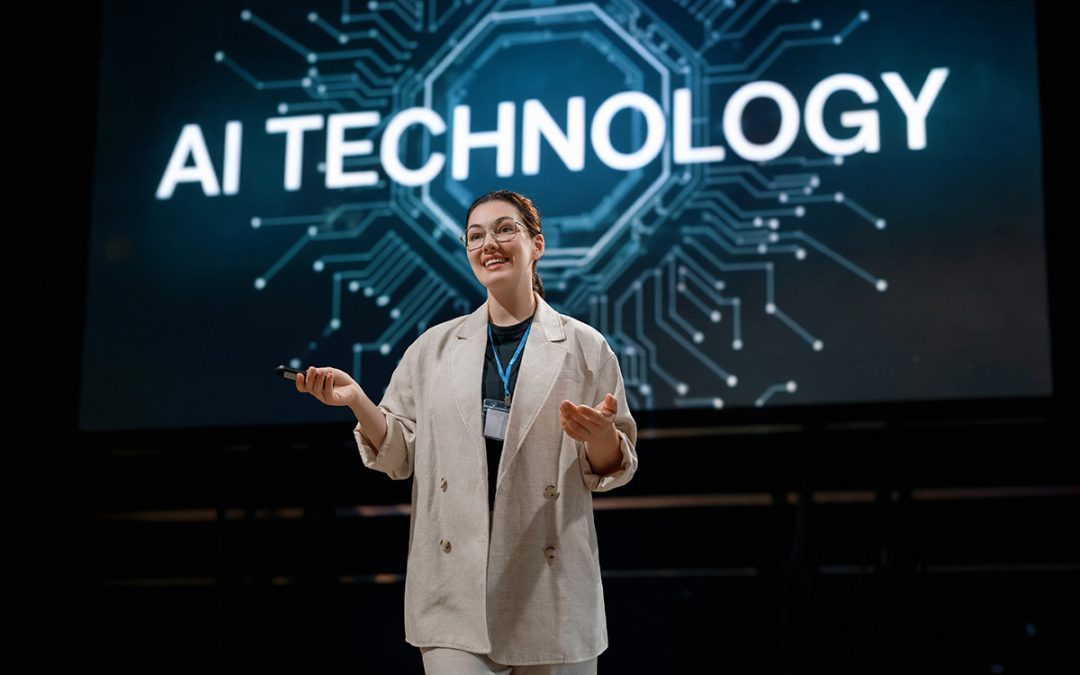The European Commission’s 2020 White Paper on Artificial Intelligence (AI) (https://commission.europa.eu/publications/white-paper-artificial-intelligence-european-approach-excellence-and-trust_en) outlined an ambitious and grand vision for Europe to become a global leader in artificial intelligence, while building an “ecosystem of excellence and trust” based on European values to ensure technological advancement. On paper, this was impressive and forward-looking. However, four years on, after the creation of the AI Act, it is worth taking a critical look at what has been realized from this vision.
1. Europe’s Technological Lag – A Harsh Reality Check
The European White Paper envisioned a technological leadership role where Europe would lead the forefront of artificial intelligence and the data economy. The reality, however, is that Europe has fallen far behind and continues to struggle with fragmented and slow progress. While the USA and China have already invested billions in AI systems and their practical applications, the European Union is still busy drafting regulations and hampering its own development with bureaucratic hurdles. Most European AI projects remain in the testing phase, while AI-driven systems have already become an integral part of daily life in Chinese cities. The goals of the EU White Paper simply do not keep pace with the realities of global competition.
2. The Shackles of Regulation – Europe Trapped in Its Own Framework
The EU’s regulatory approach hinders rather than supports technological innovation. The stringent regulatory frameworks outlined in the White Paper, which prioritize the protection of human dignity and privacy, have a stifling effect on development. While the United States and China are developing AI systems at a rapid pace that is hard to keep up with, Europe’s over-regulated and over-bureaucratized processes tie the hands of innovators. Instead of leading the way in technological progress, the EU is slowing itself down. The result? A continent struggling within a regulatory straitjacket, unable to compete with global AI giants.
3. The Trust Ecosystem – Reality or Illusion?
One of the core elements of the White Paper is the so-called “trust ecosystem,” aimed at increasing citizens’ trust in AI systems. But how realistic is it to expect citizens to fully trust AI? The algorithms are so complex that even the developers themselves often do not fully understand how they work. How, then, can these AI systems be made completely transparent and regulated? The truth is that the expectation of AI transparency is an illusion – and this illusion is slowing down Europe’s progress, while other nations move forward boldly.
4. SMEs and AI – Dreaming Instead of Facing Reality
One of the biggest promises of the White Paper was to make AI accessible to small and medium-sized enterprises (SMEs) to enhance their production and innovation capacities. In reality, however, the vast majority of SMEs lack the financial and technological resources to be serious participants in AI development. While large corporations can invest in AI, SMEs must prioritize immediate business objectives that offer short-term returns. AI technology, as promising as it may be in the long run, is simply too costly and complex for smaller businesses, even with some available support. The EU is chasing dreams in this area, rather than setting realistic goals.
5. Europe in the Shadow of International Competition – Helpless on the Sidelines
The EU is doing everything it can to maintain security and ethical standards through regulation and legislation. This is commendable, but at the same time, Europe is excluding itself from global competition. China and the US operate their AI systems with fewer restrictions and can bring innovations to market much more quickly, while Europe remains stuck in a maze of rules and ethical dilemmas. The international competition is ruthless and fast-moving – yet Europe still seems to be contemplating how to start its AI revolution, while others are already building the future.
Conclusion – What is Left for Europe?
The EU White Paper on AI painted a beautiful, yet ultimately unattainable, utopia. The reality is that Europe is reacting far too slowly to technological changes. While principles and values are important, they are not enough to hold ground in the global competition. While Europe creates regulations and ethical frameworks, China and the United States are already implementing AI systems that are shaping the future.
The bright future envisioned by the White Paper is little more than a distant dream – unless Europe acts much faster and more effectively. The AI revolution is here, and the time to act is now, or Europe will remain merely a passive observer in the global AI market, rather than an active participant.
Dr. Kozsla László, AI Officer
Dr. Miklós Péter, GDPR lawyer

